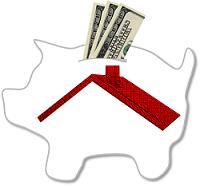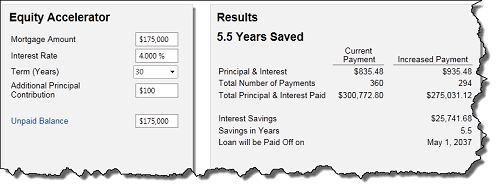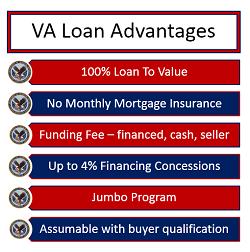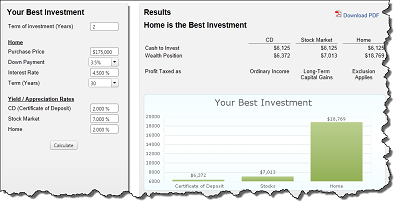Talking Points with a Real Estate Agent
A list of talking points can be very valuable to guide the conversation with an agent that will lead to a decision to have he or she represent you in the sale of your home. If you haven’t been through the process before or it has been a while, the answers to these questions can reveal things about the experience and where-with-all of your candidate.
Even if you only intend to interview one agent and maybe they are a trusted friend, it is appropriate to understand how different issues will be handled. Professionals should not feel challenged to discuss these important concerns.
1. Tell me about your experience and training.
2. Do you work real estate full-time?
3. Are you a REALTOR® and a member of MLS?
4. What is the average price of the homes you have sold and how many did you sell last year?
5. Which neighborhoods do you primarily work?
6. How many homes have you sold in my neighborhood?
7. What is your list price to sales price ratio?
8. How many buyers and sellers are you currently working with?
9. Tell me about the positives and negatives of my home?
10. Describe your marketing plan for my home and if you will use outside professionals.
11. Specifically address Internet exposure, open houses and showings.
12. Describe how you’ll keep me informed all along the way.
13. Will I work directly with you or with team members?
14. Can you provide me with three recent references?
You might have noticed that price was not in the list of talking points. The seller sets the price but the market and the buyer determine the value. The agent can advise you about the proper range that will insure activity and ultimately affect your final proceeds. The advice should be based on facts that are available to all agents as well as the prospective buyers and the appraisers.
The decision to list a home with a particular agent and company should never be based on the listing price suggested by the prospective agent











